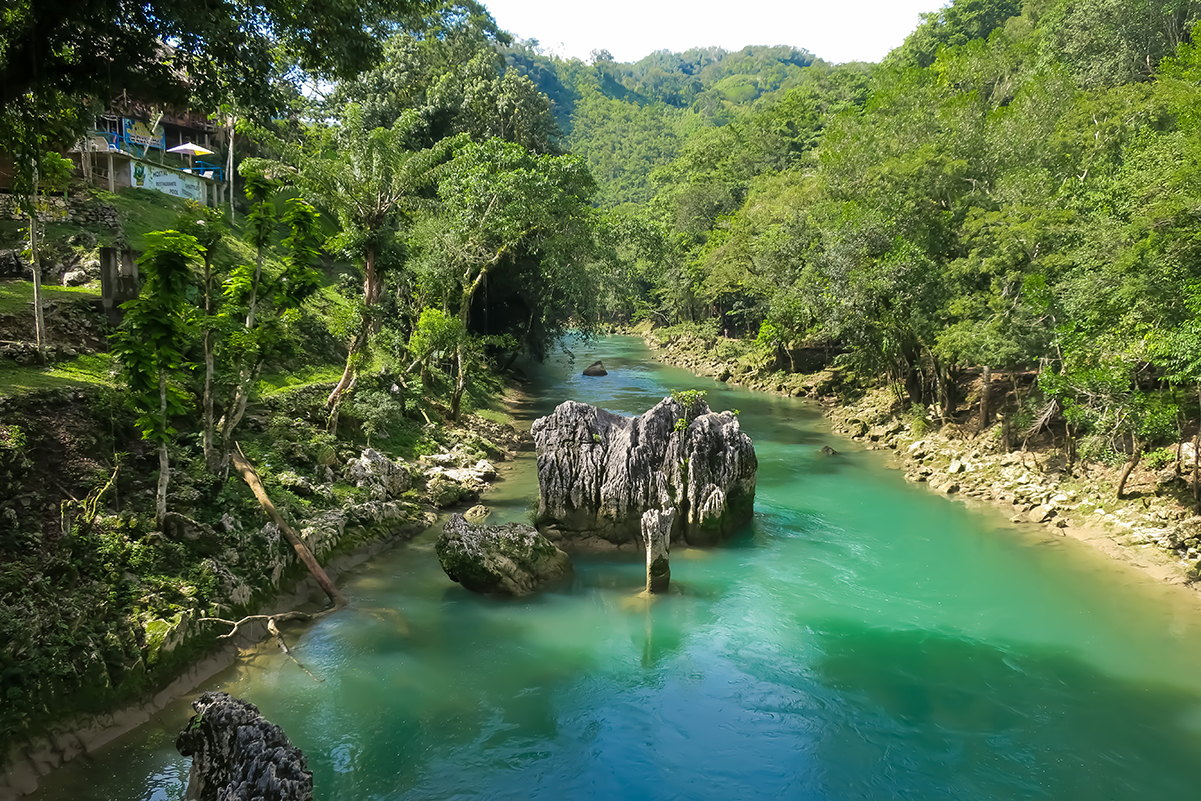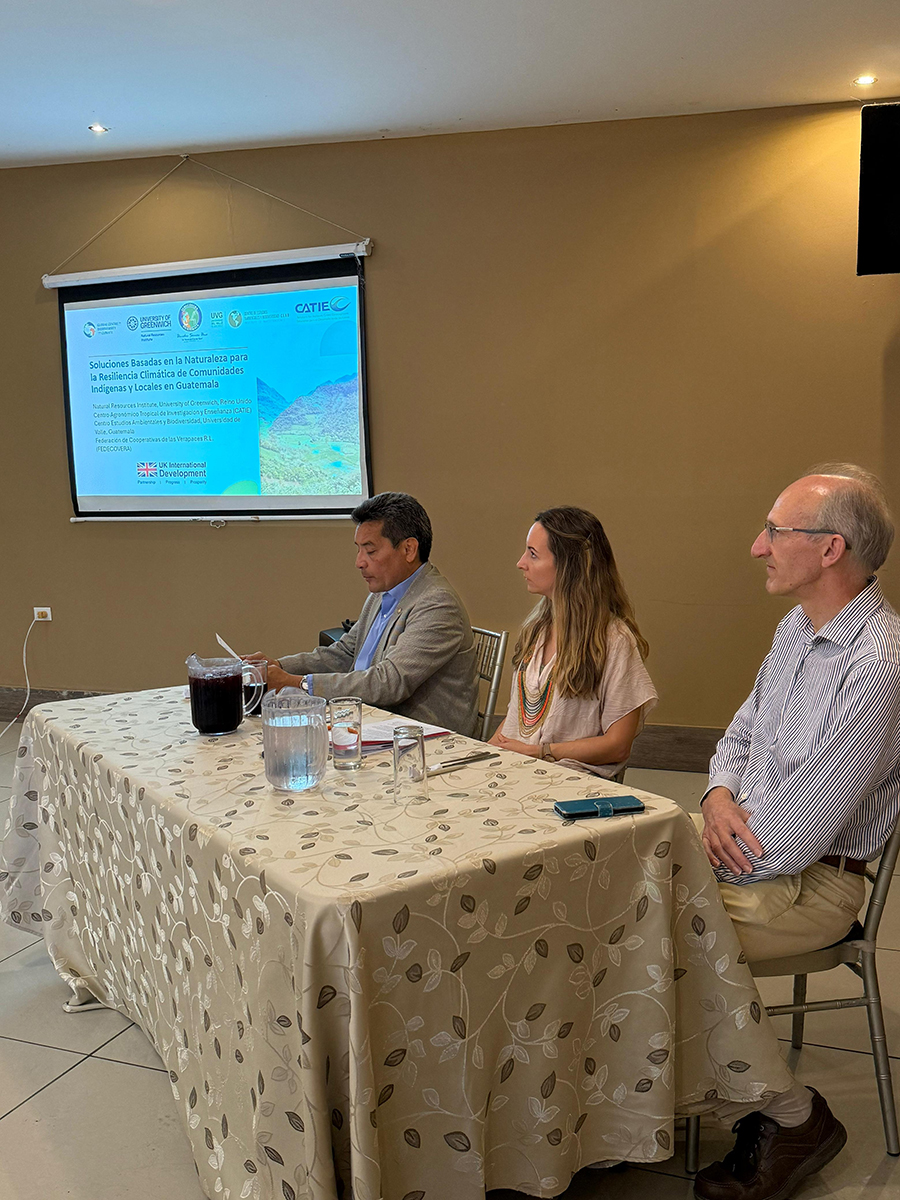
NRI is leading a new research project to develop tools for Indigenous and Ladino communities in climate-sensitive areas in Guatemala to manage their landscapes more effectively and enhance their well-being. The “Nature-based solutions for climate resilience of Indigenous and local communities in Guatemala” project will be conducted in the Alta Verapaz and Chiquimula departments (administrative districts) of north-central and southeastern Guatemala, respectively.
The project aims to facilitate the integration of traditional and scientific knowledge about nature in order to plan a more climate-resilient landscape through the implementation of nature-based solutions. It will assess the effectiveness of various reforestation systems and their contribution to climate resilience and support Indigenous and local communities in documenting their understanding of nature’s contribution to their livelihoods. It will also develop guidelines and tools for co-designing nature-based solutions that promote climate resilience and justice at a multi-stakeholder level.
The three-year project will be implemented by NRI in collaboration with the Tropical Agricultural Research and Higher Education Centre (CATIE), the University of Valle of Guatemala, and the Federation of Cooperatives of the Verapaces (FEDECOVERA).
In Alta Verapaz, interventions will target a high-rainfall mountainous region inhabited by Q’eqchi’ communities, whose primary sources of income are cardamom, coffee, and timber production. FEDECOVERA will be a key mobilising agent in Alta Verapaz. The federation represents some 40,000 Q’eqchi’ families in the department, supporting their access to Fairtrade, Organic, and Forest Stewardship Council certified markets.
Activities in Chiquimula will cover the “dry corridor” where Maya Chorti and Ladino communities live, near the border with Honduras and El Salvador. The project will work with local communities to identify ways to improve environmental resilience to flooding and drought that affect traditional and commercial cropping systems.

Evidence from the project will contribute to capacity building in local and national environmental planning processes. It will inform environmental regulations and incentives adapted to the needs of local communities in Guatemala. Lessons from the application of these processes will be shared to inform climate change planning in the country and across Central America.
Jeremy Haggar, Professor of Agroecology at NRI said: ‘Through this project we aim to provide local and national government and civil society in Guatemala with tools and methods to bring together scientific assessment of ecosystem services with ancestral knowledge and practices to identify socially just actions to improve the climate resilience of indigenous peoples and local communities.’
Nature-based solutions for climate resilience of Indigenous and local communities in Guatemala is funded by the Department for Environment, Food and Rural Affairs (Defra) through the Global Centre on Biodiversity for Climate (GCBC). GCBC is a UK Official Development Assistance research and development programme that funds research into natural solutions for climate change and poverty.
For more information contact: Professor Jeremy Haggar

